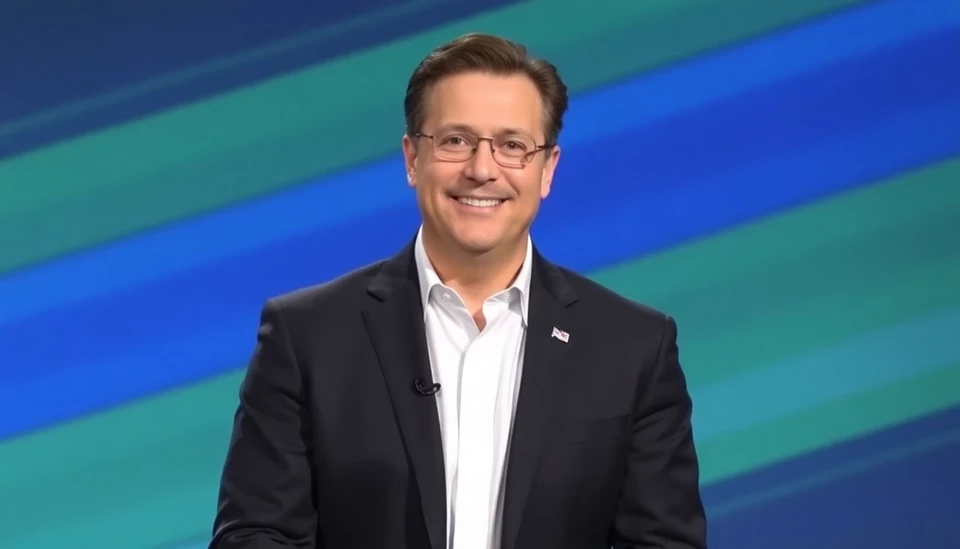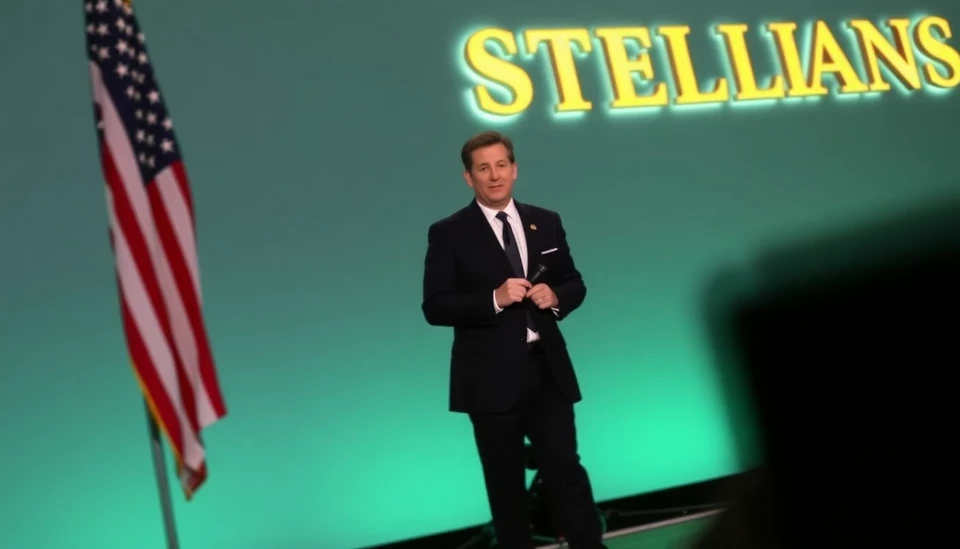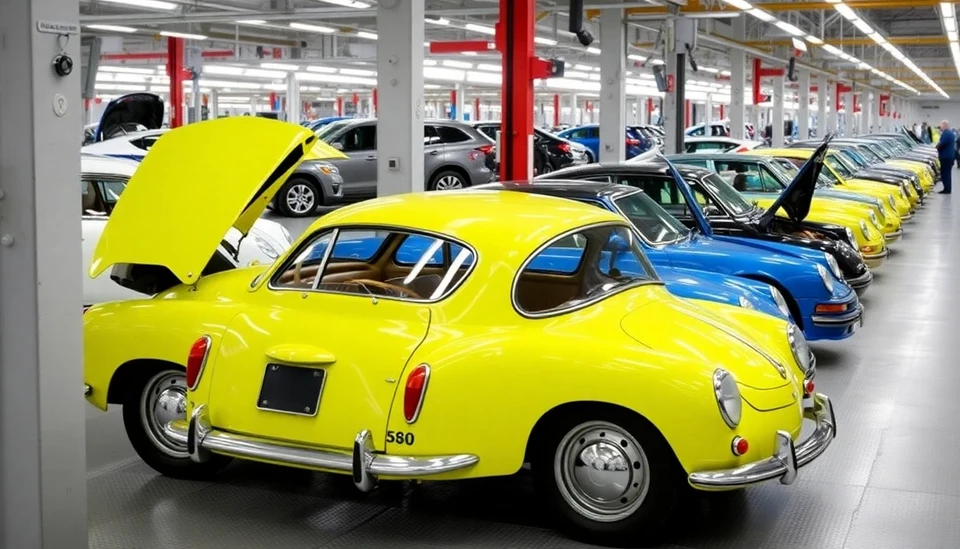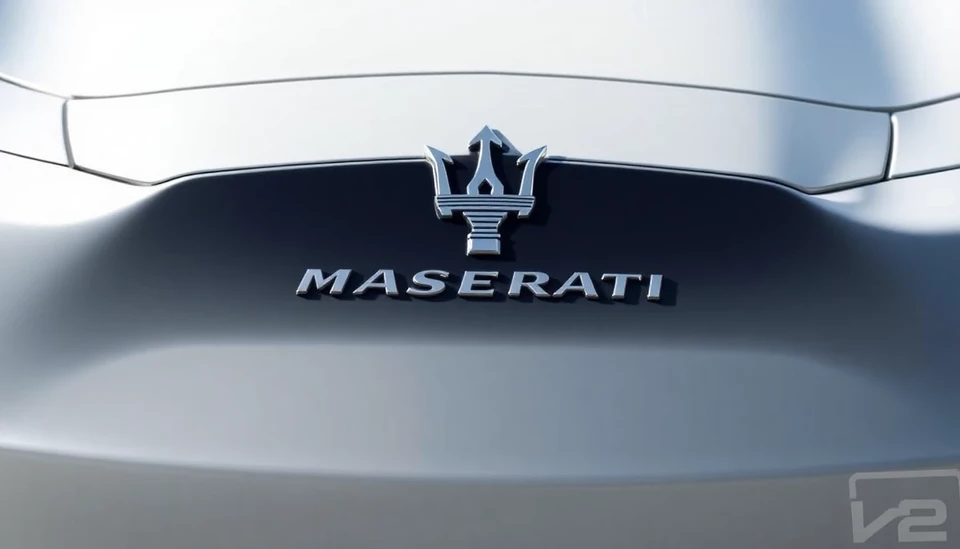
In a significant shift in leadership at Stellantis, Chief Financial Officer (CFO) Richard Palmer has committed to restoring trust within the company after the sudden exit of CEO Carlos Tavares. Tavares, who has been at the helm since the merge of Fiat Chrysler and PSA Group in 2021, announced his departure after a tumultuous period characterized by rapid strategic changes and growing internal uncertainties.
Palmer's remarks come during a challenging time for Stellantis, which is navigating through complex global automotive markets and facing increased pressure to pivot towards electric vehicle (EV) production. Palmer emphasized the critical need for transparent communication and consistent team alignment to foster a forward-looking atmosphere within the company. His acknowledgment of the trust deficit that has emerged in the wake of Tavares's exit indicates an awareness of the deeper issues that may hinder Stellantis’s progress.
In an official press conference, Palmer reassured stakeholders of his dedication to reinforcing Stellantis’s objectives and restoring confidence in its leadership. He outlined a strategic roadmap aimed at stabilizing operations while expounding upon the necessity of adapting to the shifting landscape of the automotive industry. "We must reaffirm our commitment to our values and objectives, ensuring every team member feels included and integral to our vision," said Palmer.
Industry analysts speculate that Tavares's resignation could be linked to internal disagreements regarding the company’s aggressive pivot to EVs, which has prompted mixed reactions among investors and stakeholders. The automotive sector is currently experiencing a transformational shift, and Stellantis has been under scrutiny for its ability to navigate this transition effectively.
As Stellantis ventures forward, Palmer's leadership will play a pivotal role in not only solidifying the company’s market presence but also in reshaping its corporate culture amidst change. Several current employees have expressed concerns regarding the direction in which the company is headed, indicating a potential morale issue that Palmer will need to address head-on.
The company’s future strategy is expected to revolve around balancing traditional automotive production while significantly increasing EV manufacturing capabilities. Palmer recognized the urgency of this transition, stating, "The future of our company rests on our ability to innovate and adapt. Our teams know this, and I intend to work closely with them to reignite their passion and commitment to our shared goals."
With the auto industry evolving rapidly due to regulatory demands and changing consumer preferences, stakeholders will be closely monitoring Palmer's moves in the coming months as Stellantis seeks to regain its footing and redefine its objectives post-Tavares. The company's next steps will be crucial in building the trust that has been shaken by recent events.
As the news of Tavares's departure continues to reverberate throughout the automotive landscape, Palmer’s proactive approach and focus on rebuilding relationships will be vital in steering Stellantis through this transitional phase. By aligning the company's vision with the expectations of its workforce and stakeholders, he hopes to chart a new course for success.
In conclusion, the path forward for Stellantis is steeped in challenges, but with Palmer's commitment to transparent leadership and team unity, there remains cautious optimism about the company's future. The next few months will reveal whether Palmer's vision can effectively rally the team behind a refreshed strategy aimed at not just recovery, but enduring success.
#Stellantis #CFO #CarlosTavares #LeadershipChange #ElectricVehicles #AutoIndustry #CorporateStrategy
Author: Victoria Adams




